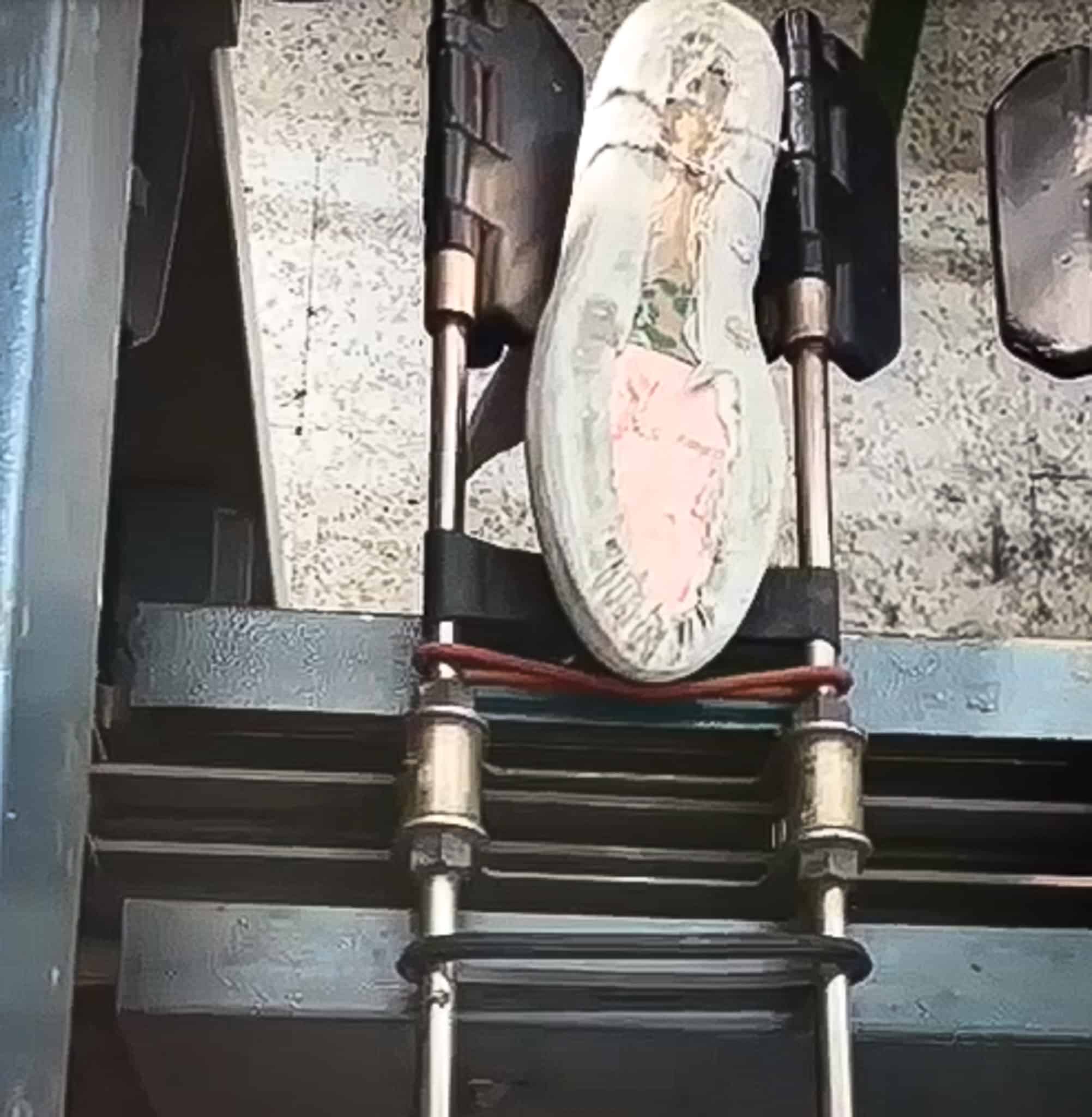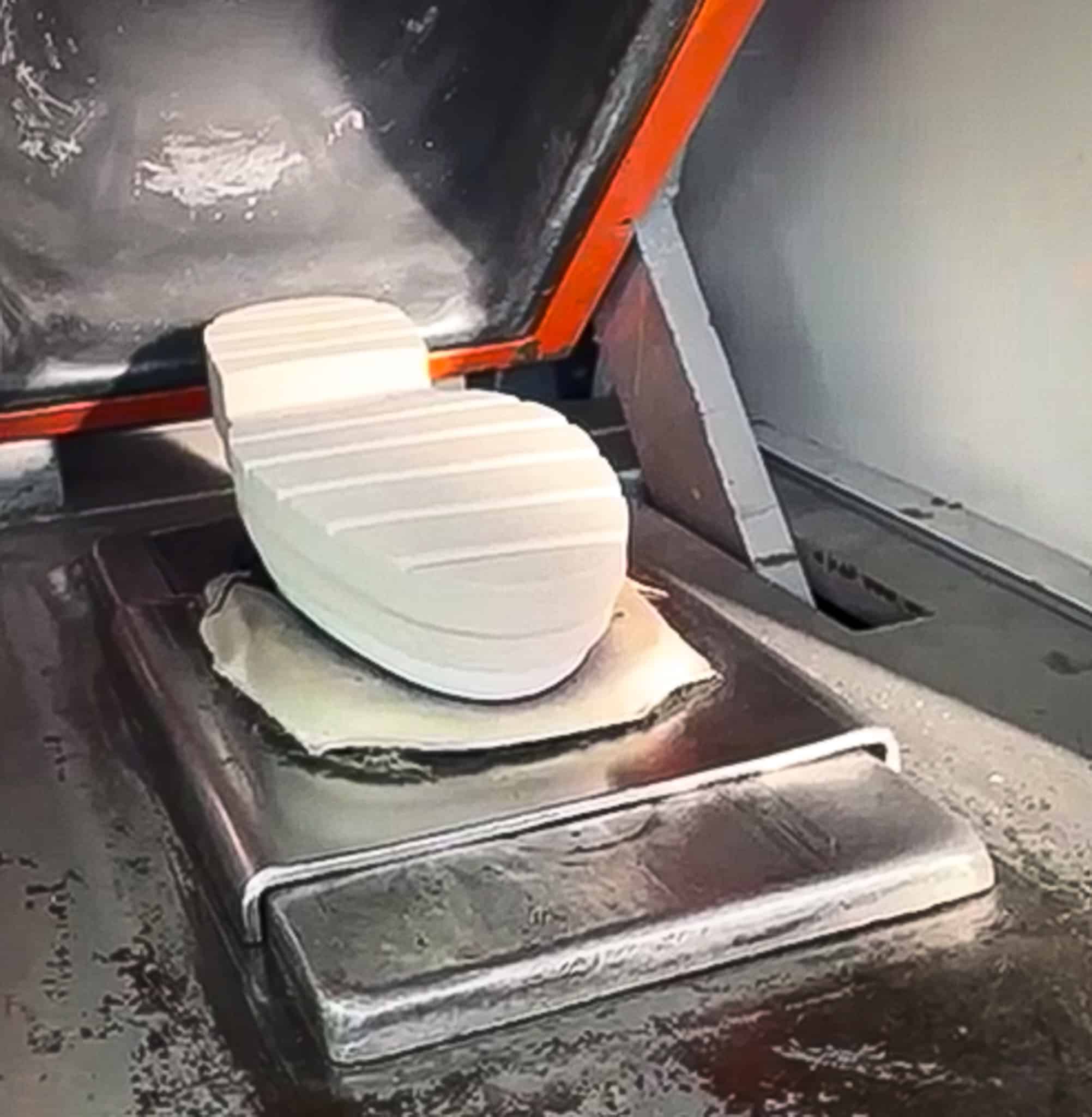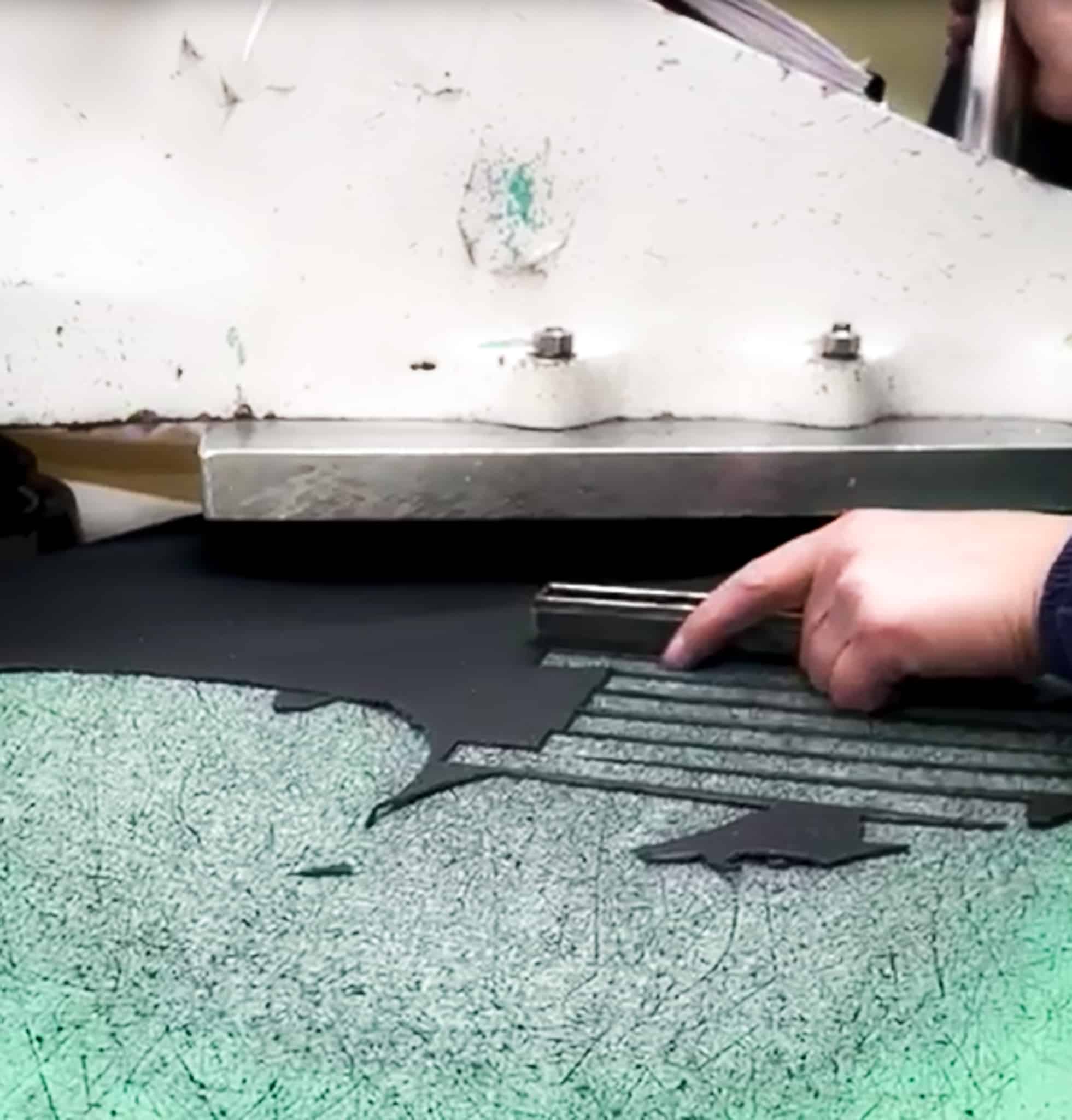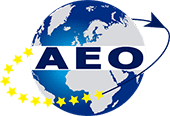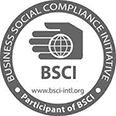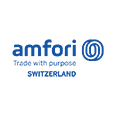You find our shoes throughout Europe at the most diverse retailers, supermarkets and shops. This entails great responsibility: ensuring that all our shoes are produced under the right conditions, by the right people and the right suppliers in accordance with the applicable quality standards. With an eye for both the manufacturers of our shoes, the consumers and the environment. We only work with suppliers and partners who are willing to comply with our Code of Conduct and the initiatives that we support. Our Code of Conduct describes our standards that we consider essential in our partnerships with suppliers and that we want to see throughout the entire supply chain. All our suppliers have signed our Code of Conduct with which they have made a commitment to (and continue to) comply with these standards. Sustainable business has an important place within our business strategy. Not only do we know where our shoes are made and under what circumstances, our production units are also checked by means of audits to see whether the producers are complying with our code of conduct and its implementation. We acknowledge that there are enough things that we cannot solve on our own and we believe that collaboration is key to bring about change. That is why we have been a participant in the Amfori Business Social Compliance Initiative (further on called BSCI) for years.
OUR THEMES Sustainable business is part of our DNA. At Henkelman we are constantly investigating to ensure that these are fully integrated into the policy and decision-making process. We are constantly wondering how we can improve our production chains and we have regular consultations about which steps have already been taken and which still have to be taken. In order to formulate appropriate answers to major social phenomena and the most important social themes that we as an organization have an impact on, we have aligned our corporate social responsibility (CSR) strategy with the 17 sustainable development goals (SDGs) of the United Nations. These must put an end to poverty, inequality and climate change. Within the framework of this sustainability agenda, we have selected three main themes on which we, as an organization, have the most influence. The themes are:
SDG # 6
CLEAN WATER AND SANITATION
Water scarcity affects more than 40% of the world population and this percentage is expected to increase in the future. Floods and a lack of proper waste water management are hampering the socio-economic developments of a country. Goal six is about how we give billions of people access to clean water and basic sanitation. We have included this SDG in our CSR strategy in the following ways:
◦ As part of our commitment to the Zero Discharge of Hazardous Chemicals initiative, we closely monitor the quality of waste water from our suppliers’ factories to improve the quality of discharged water in the supply chain and identify potential problems.
◦ We work together with our supply chain to gradually phase out chemicals that are considered dangerous and replace them with alternatives. In addition, we take appropriate measures with our factories to prevent and control pollution by preventing the discharge of industrial substances into air, water and soil.
SDG # 8
DECENT WORK AND ECONOMIC GROWTH
According to the International Labor Organization, more than 204 million people were unemployed in 2015. Although the global economy continues to recover, we see slower growth, increasing inequalities and not enough jobs to keep up with the growing workforce. Objective eight calls for more jobs that not only generate a decent wage but also stimulate the economy and offer equal opportunities for men and women while protecting the environment. The footwear industry plays an important role in providing high-quality jobs that stimulate this developments. We have included this SDG in our CSR strategy in the following ways:
◦ We believe that safe and fair working conditions must be the norm for all shoe workers. That is why we work with our suppliers to ensure labor rights, safe and fair working conditions and to meet a range of social standards, in accordance with internationally recognized conventions. We perform social audits for this purpose. These audits are conducted according to the methodology of the internationally recognized organization Amfori BSCI.
◦ We work together with our suppliers to help them with the problems they face in the area of sustainability through practical knowledge transfer. By becoming the owner of their learning process, they can gain experience and take control step by step.
SDG # 12
RESPONSIBLE CONSUMPTION AND PRODUCTION
We urgently need to reduce our ecological footprint by the way we produce goods and resources and by changing our habits. Goal twelve focuses on sustainable management and efficient use of natural resources, combating food waste and waste, limiting waste production through prevention and reuse, responsible management of waste and reducing pollution. It’s about doing more (and better) with less. We have included this SDG in our CSR strategy in the following ways:
◦ We support the Zero Discharge of Hazardous Chemicals Initiative (ZDHC) initiative and actively work with our suppliers to eliminate hazardous chemicals from our supply chain.
◦ We focus on reducing the amount of non-renewable material in our products, reducing our packaging ratios and investigating opportunities for product reuse and recycling.
◦ We actively work with our suppliers to reduce the impact of production processes on the environment and the health of those who work and live in and around the locations where our shoes are made.
◦ Our suppliers must meet the requirements of our Restricted Substance List (RSL) list of banned and limited substances that is updated annually.

